Eating naturally and organically is the trend du jour, but does it mean what you think it does?
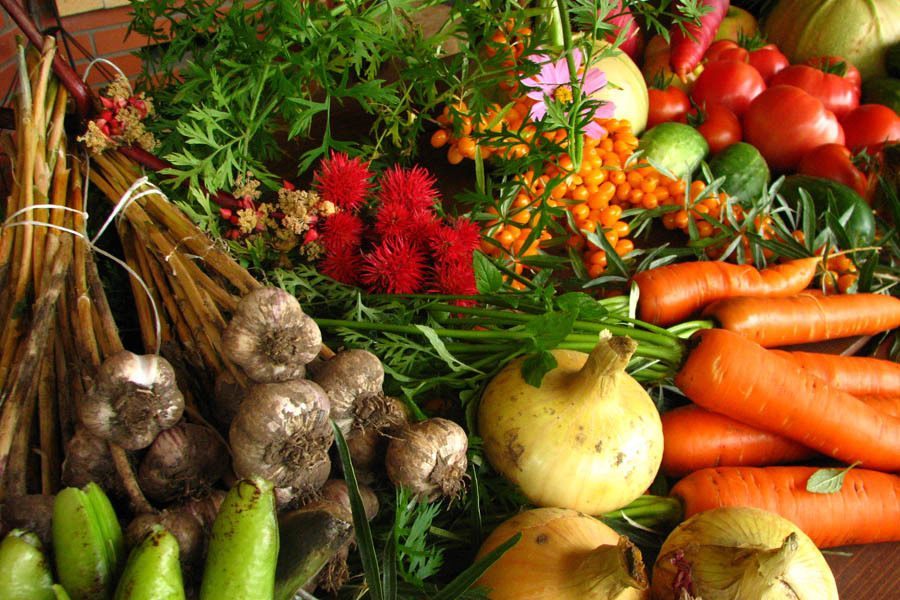
Elina Mark/Wikipedia
Any time you enter the grocery store, you’re forced to pick sides: Do you spend a little extra money for the bananas with a sticker that says “organic,” or do you go for the non-organic (and therefore less “healthful”) alternative?
On a subject where everyone considers themselves to be an expert, myths perpetuate quickly and with ease. As with any argument with its finger on the pulse of science, it’s wise to remember that anecdotes are not data, and preference is not fact. Here are some of the most believed myths on the subject of organic food, debunked.
1. Organic food is free of pesticides.
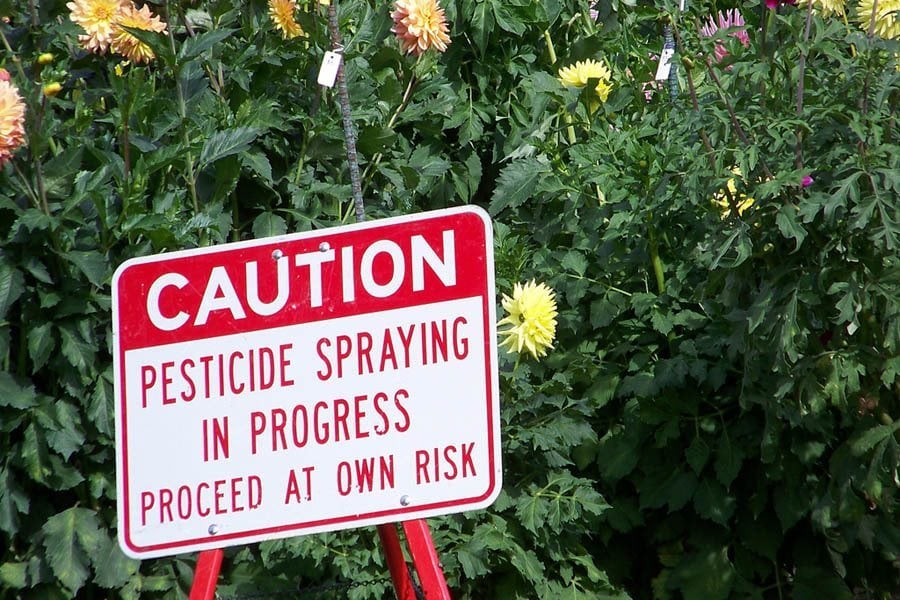
jetsandzeppelins/Flickr
An overwhelming amount of people believe this to be true, but the fact is that organic farms do use pesticides. In fact, over 20 chemicals “commonly used in the growing and processing of organic crops…are approved by the US Organic Standards,” Scientific American reported. The only difference is that they are made from natural chemicals, not synthetic ones.
The EPA hadn’t tested natural pesticides until very recently. The more we learn about some of the plant- and animal-based pesticides used in factory organic farming (such as copper sulfate and pyrethrum), the more we find that a few are actually more toxic than their synthetic counterparts — and since they’ve been deemed “natural,” they they’ve been applied more liberally than synthetic pesticides had been in the past.
In reality, the only way to be sure what your organically-labeled food has or hasn’t come into contact with is to personally know your local farmer and their methods. If the farm’s process adheres to even tighter standards than the USDA puts into place, there will certainly be less pesticide residue than conventional farming; you are free to decide if it is worth the higher price tag.
2. Growing food organically is better for the environment.
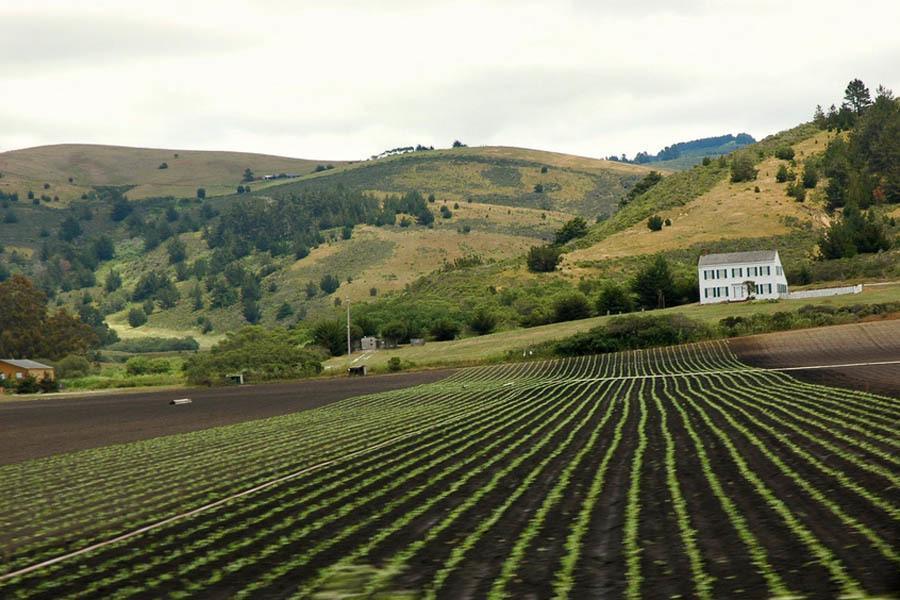
Wonderlane/Flickr
This is and isn’t true. It is true that organic farms may produce less chemical-enriched runoff. What isn’t true — and perhaps surprisingly so — is that its lack of “scale” is good for the environment.
Let’s use the smaller, family-owned organic farm as an example. If no pesticides at all are used on organic crops, there is a significant drop in the amount of usable food produced per unit of land. According to Scientific American, organic farms produce around 80 percent of what the same size conventional farm does — with some even stating that organic farming produces half of a conventional farm’s yield.
While this isn’t a deal-breaker on a small scale, if the whole world adapted to this way of farming, we would need to clear much more of Earth’s ice-free land (which is already dwindling) in order to meet our food needs, which would wipe out numerous animal habitats, and leave even less room for an expanding population.
In fact, Dennis Avery of the Hudson Institute’s Center for Global Food Issues estimates that modern high-yield farming has saved 15 million square miles of wildlife habitat, and that if the world switched to organic farming, we’d need to cut down 10 million square miles of forest. What’s so “green” about that?
3. Buying organic supports green companies and small farms.
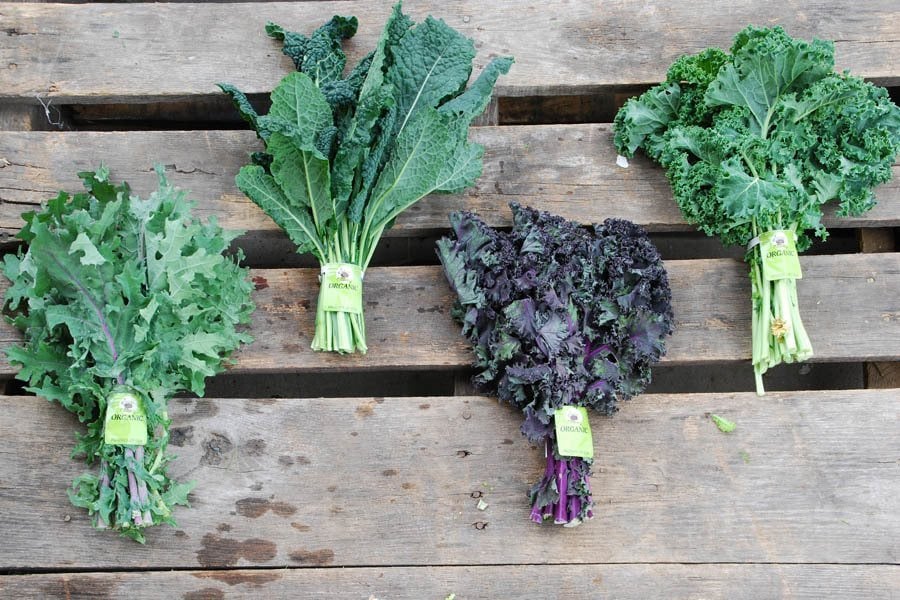
Suzies Farm/Flickr
A decent portion of what is labeled organic in the supermarket is produced not by a small farm but by a corporate conglomerate; Cascadian Farms, Back to Nature, and Morningstar Farms are brands owned by General Mills, Kraft, and Kellogg’s, respectively.
You can bet these companies are getting the cheapest possible organic ingredients they can get their hands on — which means importing them from other countries. Of the estimated $1 billion consumers spent at Whole Foods on organic produce, only 16 percent of it was grown locally. Factor in the pollutant by-products of all that shipping and transportation, and you wonder if these companies really deserve the reputation of being environmentally friendly or “natural” at all.
4. Organic food is more nutritious and tastes better.
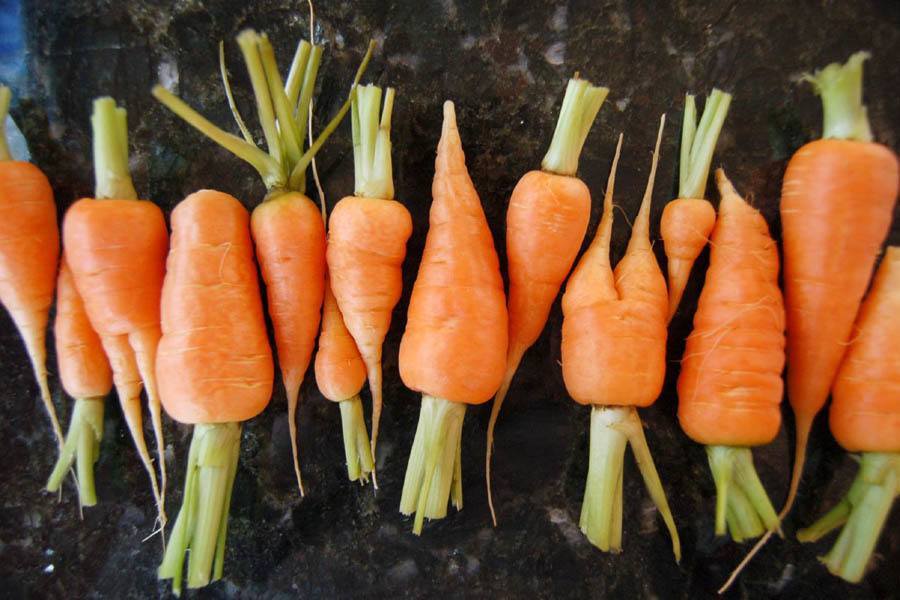
jdickert/Flickr
While tastes are subjective, no concrete, unbiased studies have shown that organically grown produce is significantly better than conventional produce when it comes to taste and nutrient content. As the American Academy of Pediatrics said, “in the long term, there is currently no direct evidence that consuming an organic diet leads to improved health or lower risk of disease.”
Likewise, a 2012 Stanford University study on the matter concluded that “there isn’t much difference between organic and conventional foods, if you’re an adult and making a decision based solely on your health,” and that paying more for the organic label is a waste of money.
If you really want food that’s tasty and good for you, experts recommend buying local and in season. The fact of the matter is that any produce that’s had a week-long trip to the supermarket — whether it’s stamped “organic” or not — is not going to taste too great.
However, there are GMO crops that have been engineered to be more nutritious than their conventional or organic counterpart, which brings us to our next myth…
5. GMOs haven’t been tested and could be dangerous.
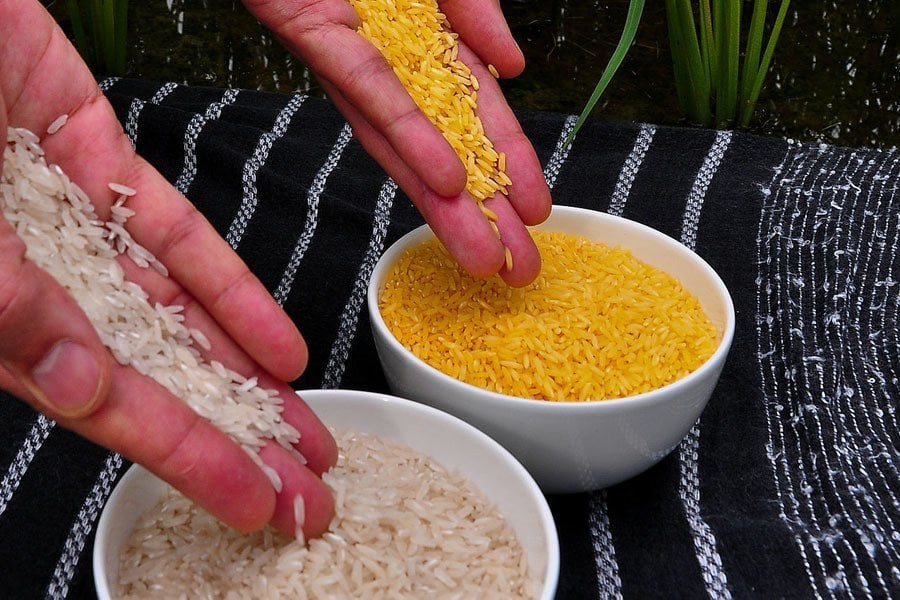
International Rice Research Institute/Wikipedia
This is a favored exclamation of those that generally take offense at the very idea of agricultural biotechnology. In the context of food, the term “GMO” (genetically modified organism) means that the food’s genetic material has been changed in a way that does not occur naturally, such as introducing DNA from another organism for the purpose of higher yields or resistance to insects.
Hundreds of independent studies across the world have confirmed that genetically modified crops are as safe as other crops, though one other study has given the anti-GMO movement its scientific “legitimacy.”
In a 2012 study on Monsanto GM crops and mice, University of Caen researchers found that the GMO products caused tumors in lab rats. The study was later discredited due to poor research methods, and was even retracted from the journal in which it was published a year later.
Elsewhere in Europe (known for its wariness of GMOs), a University of Perugia study published a review of 1,783 GMO safety tests, 770 of which examined the health impact on humans or animals. Researchers found no evidence that GMO foods are dangerous.
6. Treating food with radiation causes cancer.
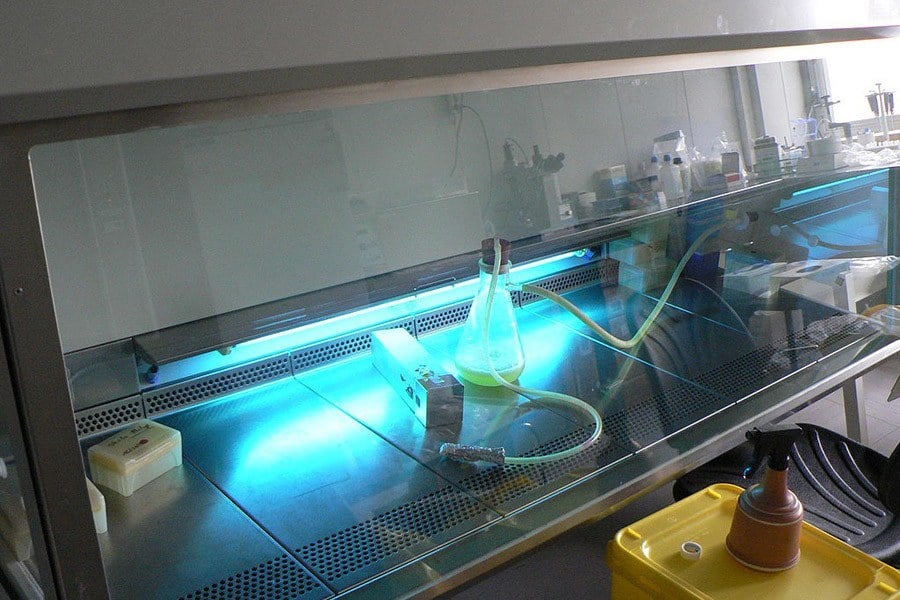
Wikimedia Commons
Many people believe that subjecting food to radiation somehow makes it radioactive, and therefore causes cancer when ingested. The FDA and USDA know this to be untrue; that’s why they approved this scientific food process a long time ago in order to decrease instances of severe food poisoning and increase a food’s longevity.
The radiation kills bacteria on food, and then passes right through — it doesn’t get trapped within our strawberry and lurk there waiting to silently kill us. In fact, the World Health Organization believes that irradiation is as important a discovery as pasteurization (which people were also extremely skeptical of at first), but the outcry from people who believe irradiation is inherently dangerous keeps it from being implemented on a grand scale in America.
7. The terms “GMO” and “organic” are basically opposites.
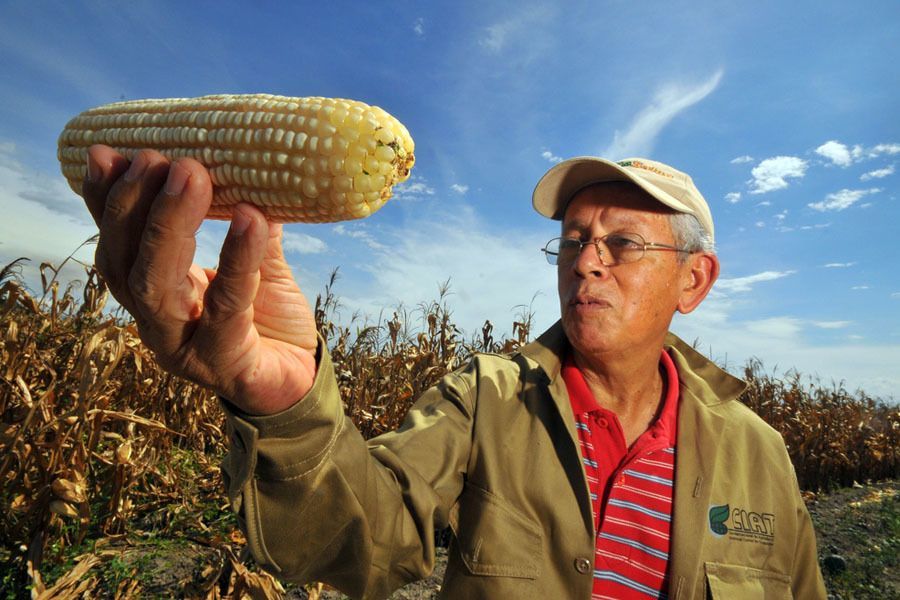
CIAT/Flickr
In reality, “GMO” describes a product, and “organic” describes a process. Despite one arbitrary clause in the USDA labeling system, there’s no reason that the two can’t be used in conjunction with one another. They even have something in common, believe it or not: One of the widest-used organic insecticides called the Bt toxin (yes, something with the word “toxin” is used to produce something that’s organic) has also been spliced into genetically modified seeds — and produces the same effect without the pesticide leaking into nearby waterways.
Some organic farming practices such as crop rotation and composting have been shown to be better for local environments; if those effects could be combined with the boosted yields, nutrition, and pest resistance of genetically modified crops, we could come to a synergistic compromise that would benefit both people and the environment.
Unfortunately that’s unlikely to happen when each side of the GMO debate would rather spend their time and money attacking each other to the point of hypocrisy.
For more of our myth debunking series, read about vaccines and Planned Parenthood.





